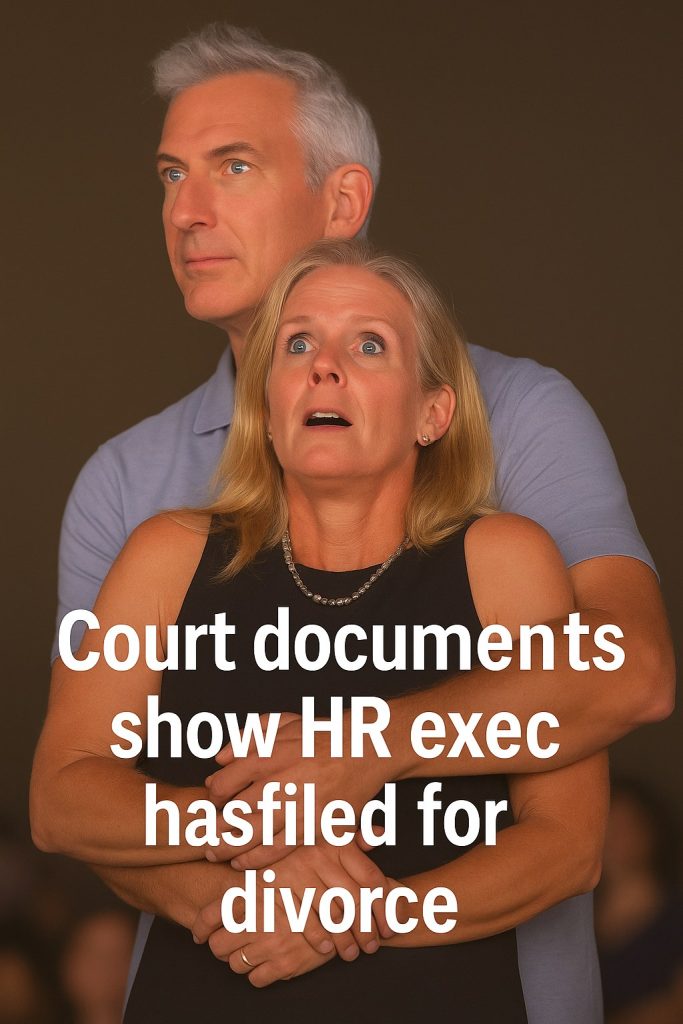In a bold blend of humor and critique, the recently released political video titled “Anti-Woke Parody Rap | The Wrong Side of History” offers a satirical take on contemporary social justice movements and the dynamics of ‘cancel culture.’ Using a catchy rap format, the creators seek to highlight the absurdities of performative activism prevalent in today’s society.
The lyrics of the parody present a character who enthusiastically engages in what they believe is progressive behavior, such as posting a black square in solidarity with social justice causes and utilizing eco-friendly products like bamboo straws—while simultaneously revealing a dissonance between their stated beliefs and actual practices. For instance, despite the virtue-signaling efforts of the protagonist, their actions are undermined by a drive in a gas-guzzling vehicle and a superficial understanding of environmentalism and activism.
One of the more striking themes in the rap is the desire to avoid the ‘wrong side of history.’ This phrase has gained traction in political discourse as a means of shaming individuals into compliance with popular ideologies. The protagonist’s anxious need to gain approval from friends often supersedes the consideration of what might genuinely benefit society, a juxtaposition that encapsulates the confusion many feel in navigating the current socio-political landscape.
Background context is essential to understanding the video’s punchlines. In recent years, terms like ‘woke’ and ‘cancel culture’ have become politically charged, often used pejoratively by critics who argue that aggressive social activism stifles free speech. The video aptly uses humor to voice frustrations surrounding this phenomenon, presenting caricatures of people who prioritize public image over authentic engagement. Lines such as “I just think about what my friends will think of me” reflect the pressure many feel to conform to group standards, even in issues as deeply personal as social justice.
The satire continues with nods to the performative nature of activism, where individuals may participate in demonstrations or vocalize support without fully understanding the complexities behind the issues they are championing. The protagonist’s reflection on needing to clap for speakers at work or repeating buzzwords showcases how individuals might be compelled to follow scripts rather than express genuine opinions, paralleling contemporary criticisms of corporate diversity training and social media activism.
Some critics may argue that the video trivializes important social movements; however, at its core, it’s a playful yet critical examination of the contradictions within modern activism. The catchy hooks and repetitive refrains serve to expose both the comedic and cringe-worthy elements of performative culture, making it memorable in its delivery. With an increasing number of individuals feeling overwhelmed by the fast-paced changes in societal expectations, this parody serves as a reminder of the fine line between authentic activism and participation driven by fear of social backlash.
As society continues to grapple with these essential topics, the “Anti-Woke Parody Rap” resonates with those who find themselves questioning the narratives surrounding political correctness. While the video employs satire, it ultimately encourages viewers to reflect on their own engagement with social issues and the importance of being true to oneself amidst the noise of societal expectations.



